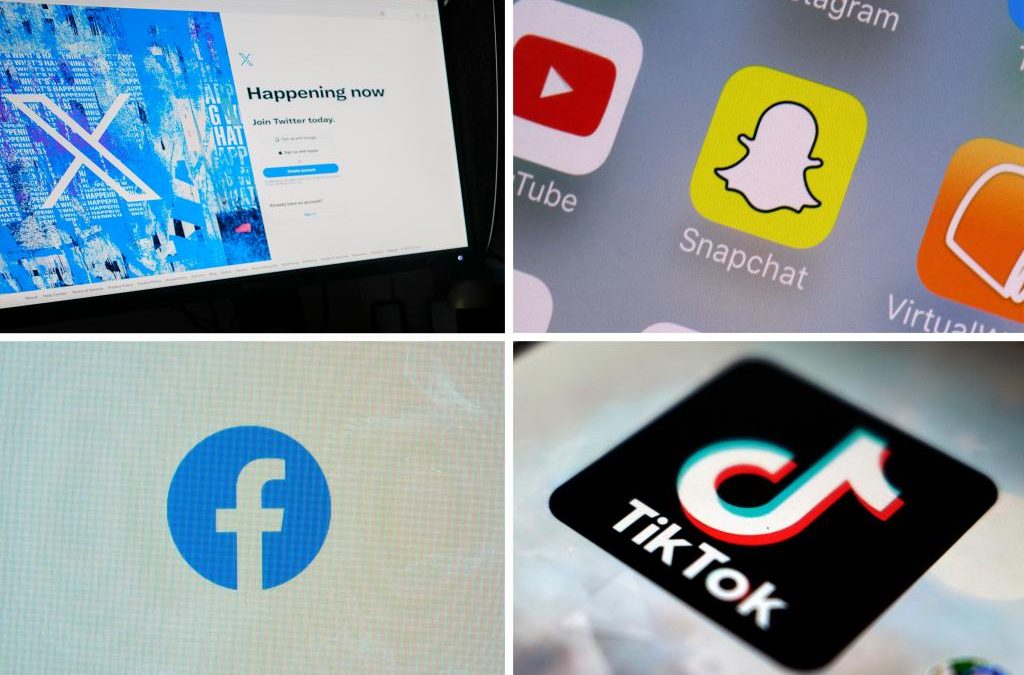A trade group representing some of the largest social media platforms including Facebook, Instagram, TikTok and X is suing Ohio after the state enacted a law that requires children under the age of 16 to get their parents’ consent before opening an account.
The NetChoice trade group wants the US District Court for the Southern District of Ohio to strike down the Social Media Parental Notification Act, which was passed last summer.
The law, which goes into effect on Jan. 15, was championed by Lt. Gov. Jon Husted following the tragic death of James Woods, a 17-year-old from Streetsboro, Ohio, who committed suicide in November 2022 after he fell victim to a sextortion plot online.
“This lawsuit is cowardly but not unexpected,” Husted, a Republican, said in a statement.
NetChoice’s complaint claimed that requiring minors to get permission before they can sign up for social media and gaming apps is unconstitutional. The suit alleges the law impedes free speech, is overbroad and vague.
“We at NetChoice believe families equipped with educational resources are capable of determining the best approach to online services and privacy protections for themselves,” Chris Marchese, director of the organization’s litigation center, said in a statement.
“With NetChoice v. Yost, we will fight to ensure all Ohioans can embrace digital tools without their privacy, security and rights being thwarted.”
The group has won lawsuits against similar restrictions in California and Arkansas.
Husted, who leads Ohio’s technology initiatives, refuted those assertions.
“In filing this lawsuit, these companies are determined to go around parents to expose children to harmful content and addict them to their platforms,” Husted said.
He alleged the companies know their algorithms are harming children “with catastrophic health and mental health outcomes.”
According to the FBI, there were at least 3,000 sextortion victims in the US in 2022.
Woods was contacted by someone posing online as a teenager who convinced him to send explicit images of himself through Instagram.
Those images were then sent to other teens, according to investigators. The perpetrators threatened to send more unless Woods paid $300.
Last month, Meta introduced new encryption technology for direct messages on Facebook and Instagram despite warnings from former employees who say the move will make it more difficult to track down child predators online.
Encrypted messages block anyone except the sender and receiver from viewing the contents of the communication.
With Post wires
Source




